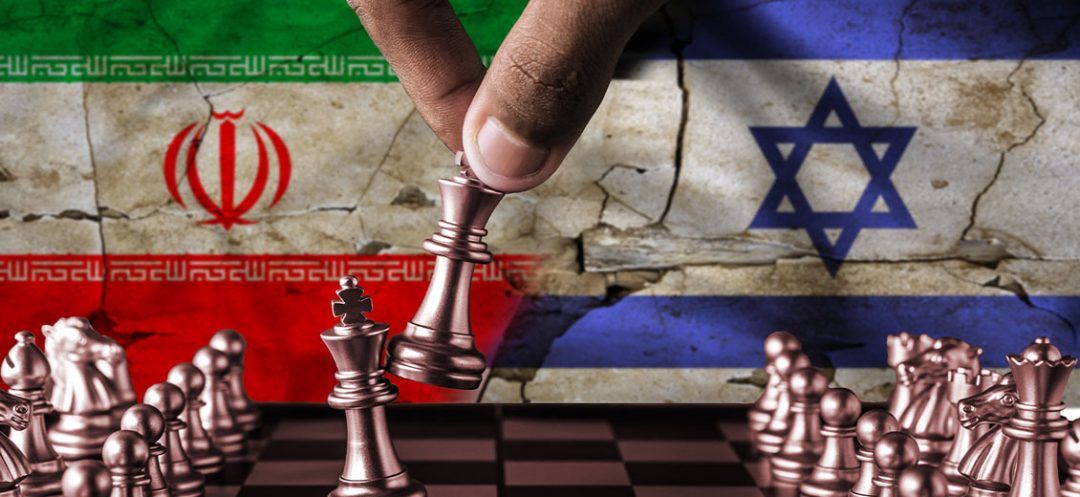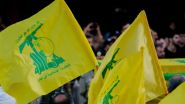
The truce negotiations have proven their limitations more and more and have yielded no tangible results. The Iranians are still blocking the venues of communication throughout the Middle East. The Arab countries are still hobbled and unable to move on any issues compromising the future of regional peace. The Israelis are prisoners to their security dilemmas, heavily impacted by the hostage crisis and its political repercussions. The US has difficulty juggling the negotiation priorities and controlling the derailments of a highly polarized regional environment. The continuous deferment and sequencing of objectives set by the steering mediators are undermining their credibility and their ability to elicit a sustainable momentum, address the hard-pressing issues, and widen the scope of negotiations. The sabotaging actors lined up by Iran are promoting political extremism on the Israeli side and bringing forth a sense of helplessness, unleashed nihilism, and political apocalypticism amongst Palestinians. The apocalyptic violence of Hamas is feeding the political messianism of Israeli settlers and driving extremist political agendas.
Israel has to deal with its hostages' tragic dilemmas at a time when Hamas initiates a cycle of targeted assassinations, which betrays the doomsday mood setting in among its militants. Hamas leadership is tying the hostage release strategy to unacceptable conditionalities, which mainly revolve around its political survival. Whereas the assassination cycle confronts the Israelis with inextricable strategic and ethical dilemmas epitomized by Gaza’s future governance and Israeli national security and the moral imperative of liberating the hostages. The political tradeoffs are yet inconceivable while time is running out, and the Israeli civil concord is hardly tested. Whereas the Hamas Apocalypticism doesn’t bother about the excruciating travails of the civilian population in Gaza and its destructive fallouts. Israelis after the late executions of hostages have to deal with heavy moral challenges, critical questions of civil concord, and thorny security issues that need to be addressed all along. The Palestinians are unable to overcome their serious political differences, reach a consensus over the impending governance of Gaza and the scope of future negotiations, and extract themselves from the clasp of Muslim power politics and Iranian moral and political usurpation.
The Lebanese scenery seems to be landlocked, and the future of the country is mortgaged until further notice. Democratic institutions are at bay as long as the Shiite domination strategy has set its foreclosures and instrumented state institutions as political shams designed to provide a simulacrum of political legitimacy. Lebanon is literally subjugated and its historical and political narratives are relegated to irrelevance. Lebanese territories are mere appendages and operational platforms instrumentalized by Iranian power politics. This state of political limbo and discretionary ambivalence is unlikely to endure since Israel’s betting on diplomatic and political mediations has come to an end, 18 years after the 2006 war and the internationalization of security on the Lebanese southern border. The implementation of the international resolutions (Armistice Accord 1949, 1701, 1559, 1680…) and the exclusive monitoring of the UNIFIL seconded by the Lebanese army are strict conditionalities that should be enforced away from the idle controversies that have undermined them over the years.
The power asymmetries between Israel and Hezbollah account for its reluctance to engage in open warfare after the targeted assassination of its chief of staff and his main lieutenants. Still, Hezbollah’s equivocations perpetuate and can derail whichever agreements might be reached through diplomatic channels. As long as Iran is unwilling to normalize by international standards, abide by the rules of the international community, and keep up with its commitment, the diplomatic tracks are easily sidelined, let alone subverted. Short of formal legal and political commitments, the confidence-building measures are unlikely to sink roots and usher progressively a new political era.
The naked power politics attempted by Iran so far belong to a decaying legacy that has no chances to thrive with a shriveled and waning internal legitimacy, the unanimous opposition elicited throughout the Middle East to its politics of subversion, the defaulting support of the totalitarian power coalition, and the ravaging effects of the strategic and political wastelands. The intentional destruction of the regional interstate order and its boomerang effects will not spare Iran. The Mollahs are determined to avoid the hazards of total war since their military and strategic vulnerabilities were amply demonstrated in the late Israeli attacks on Iranian territories, the pervasive crisis of legitimacy, and the dissuasive US military presence. The fantasies projected in the wake of October 7, 2023, are unraveling, and the hard facts of the rising geostrategic dynamic are far from accommodating the unhinged deliriums of a declining Islamic dictatorship.
Read more



Comments